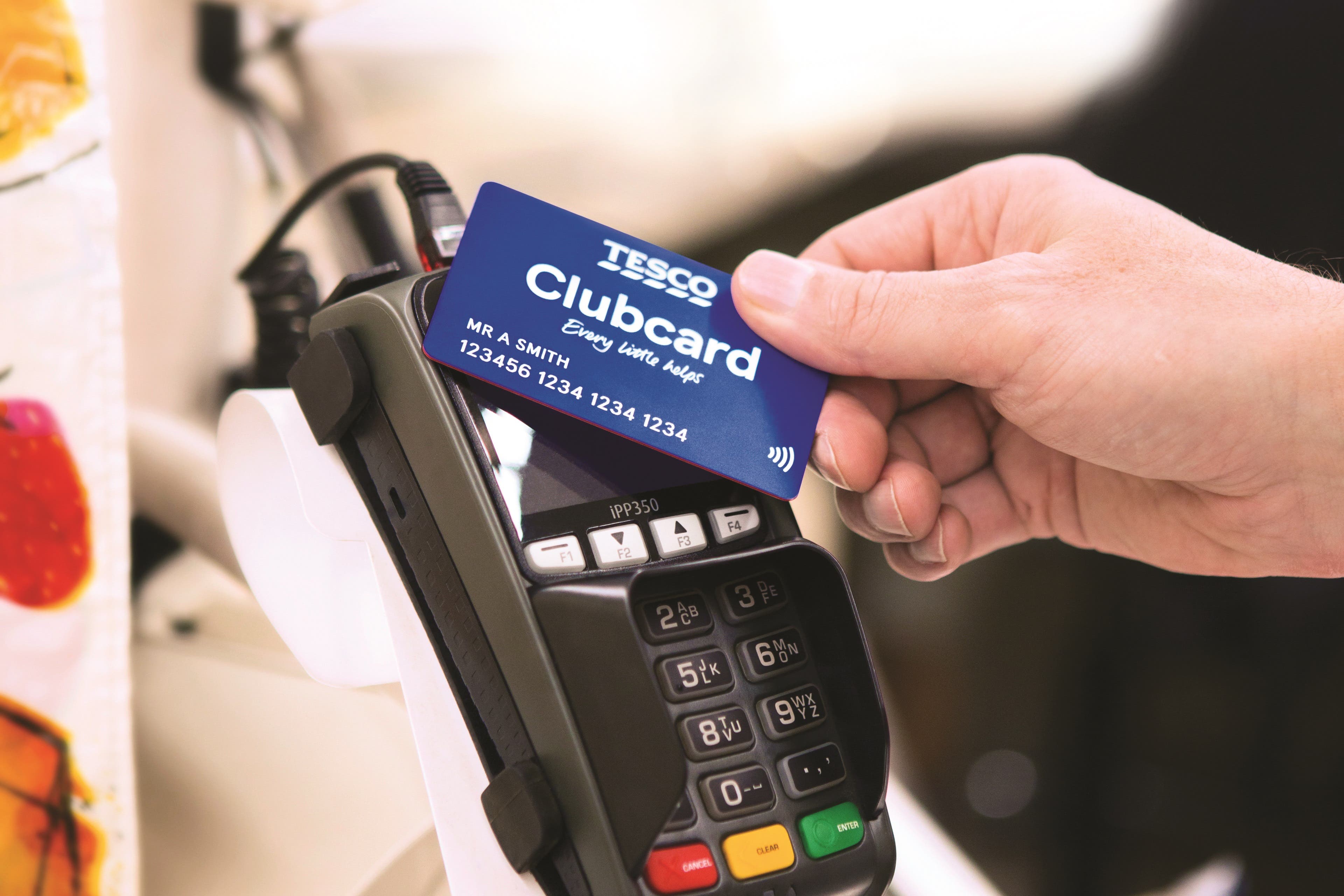The big chains using loyalty card discounts for ‘rip-off’ prices revealed by Which?
UK retailers have been accused of ‘two-tier pricing’ as the biggest offenders are named

Your support helps us to tell the story
From reproductive rights to climate change to Big Tech, The Independent is on the ground when the story is developing. Whether it's investigating the financials of Elon Musk's pro-Trump PAC or producing our latest documentary, 'The A Word', which shines a light on the American women fighting for reproductive rights, we know how important it is to parse out the facts from the messaging.
At such a critical moment in US history, we need reporters on the ground. Your donation allows us to keep sending journalists to speak to both sides of the story.
The Independent is trusted by Americans across the entire political spectrum. And unlike many other quality news outlets, we choose not to lock Americans out of our reporting and analysis with paywalls. We believe quality journalism should be available to everyone, paid for by those who can afford it.
Your support makes all the difference.Loyalty card tactics used at big supermarket chains have been slammed as a “rip-off” by Which? as the consumer watchdog revealed surprising before-and-after prices which shines a light on the practice.
In a study of 12,000 product prices over time, it was found that many shops will seemingly hike prices on products just days before applying a loyalty card discount, making an offer seem much better than it is.
Boots and Superdrug are named as the biggest offenders, with loyalty pricing practices that the Which? called “concerning”. Their report found that, over a six month period, 16 per cent of products at Superdrug had been at their non-loyalty price for less than half the time.
At Boots, this applied to 10 per cent of their products. In one instance, the report also found the high street health retailer had increased the price of an electric toothbrush from £150 to £400, a 166 per cent increase. This new price was only in place for just under two weeks before a loyalty-card price was reintroduced – back at £150.
Several supermarkets are also named in the report, including Tesco, Sainsbury’s and Morrisons, all offering 23 to 25 per cent savings with to loyalty card members.
The Which? report acknowledges that these discounts can look “substantial”, but say a more important question for consumers is whether they are “genuine”. The consumer watchdog says it found evidence of loyalty prices which seem like a big discount actually still being higher than non-member prices at other stores.
For instance, at one point a 695g pack of Birds Eye chicken nuggets were £5.50 for non-members at Sainsbury’s and £4 for members. Meanwhile, they were £5.25 at Waitrose and £4 for everyone at Asda. And three weeks before this, they were £5 at Sainsbury’s.
This is another surprising pattern noted by the report authors, with Tesco and Sainsbury’s non-loyalty prices on products that were later put on offer an average of 12 per cent higher than Waitrose regular prices.
Ele Clark, Which? retail editor, said: “Loyalty cards are increasingly big business, with the explosion in two-tier pricing meaning shoppers will often pay a lot more if they aren’t a member of the retailer’s scheme. But while the discounts can look impressive, many shoppers are growing suspicious of non-member prices that seem high.
“We looked at the pricing history of thousands of products and found that, while the majority of discounts were not misleading, there were some questionable non-member prices and some examples that looked like an outright rip-off. Meanwhile some products were always, or almost always, on loyalty promotion, making it difficult to spot a genuine deal.”

Previous work by Which? on loyalty prices prompted the Competitions and Markets Authority (CMA) to launch an investigation into the practice. A new bill which passed earlier this year gave the competition watchdog greater powers to crack down on unfair consumer practices through measures like fines.
However, an update in July from the CMA said it was “unlikely” to identify widespread evidence that loyalty card pricing is misleading customers. However, the authority does acknowledge that some before-and-after pricing practices could make it unclear what the “regular” price of items is. The final report is due in November 2024.
Responding to the Which? report, a Boots spokesperson said: “We have always been committed to offering customers great value, helping them save money across their health and beauty needs. Price Advantage allows our loyal Boots Advantage Card customers to make genuine savings on over 8,000 products. Customers benefit from the lower prices as well as enjoying several other benefits, including personalised offers, Advantage Card points every time they shop and an always on 10 per cent discount on Boots own brand products.
“All promotions, including price advantage, are assessed against all applicable laws and guidelines set out by the Chartered Trading Standards Institute.”
Also responding, a Sainsbury’s spokesperson said: “More people are choosing to shop at Sainsbury’s and we know our customers are savvy shoppers, who understand that factors like inflation, products falling out of season or promotions can affect our prices. That doesn’t stop us following pricing guidance for the industry and offering great value on the products our customers buy most – whether that’s with our Low Everyday Prices, Aldi Price Match or Nectar Prices.”
Join our commenting forum
Join thought-provoking conversations, follow other Independent readers and see their replies
Comments